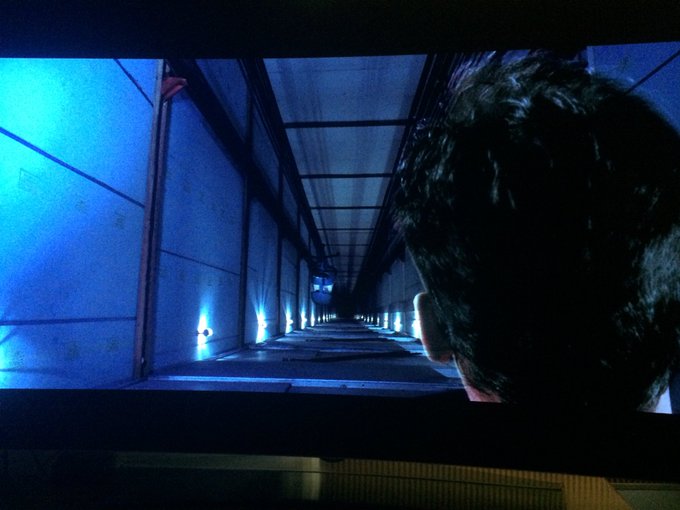
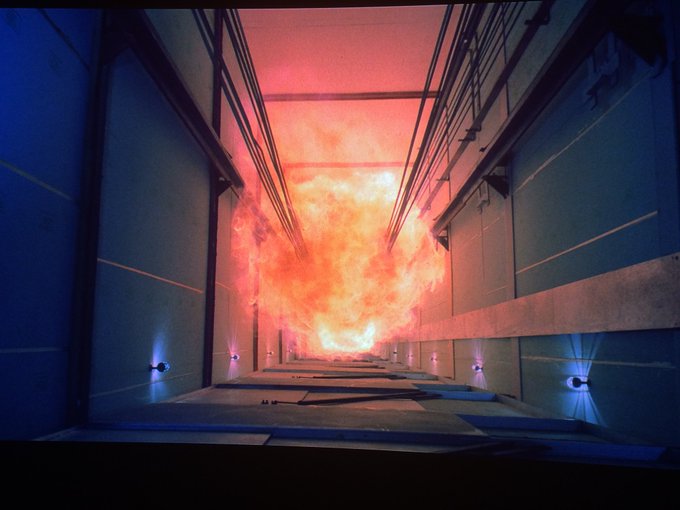
(snaps taken from the new 4K version)
I don't remember if the elevator sequences of SILENT TRIGGER had that much importance in the script versions I have (it was a spec going back to 1987), but Mulcahy certainly made them look very similar...
Moderator: Moderators


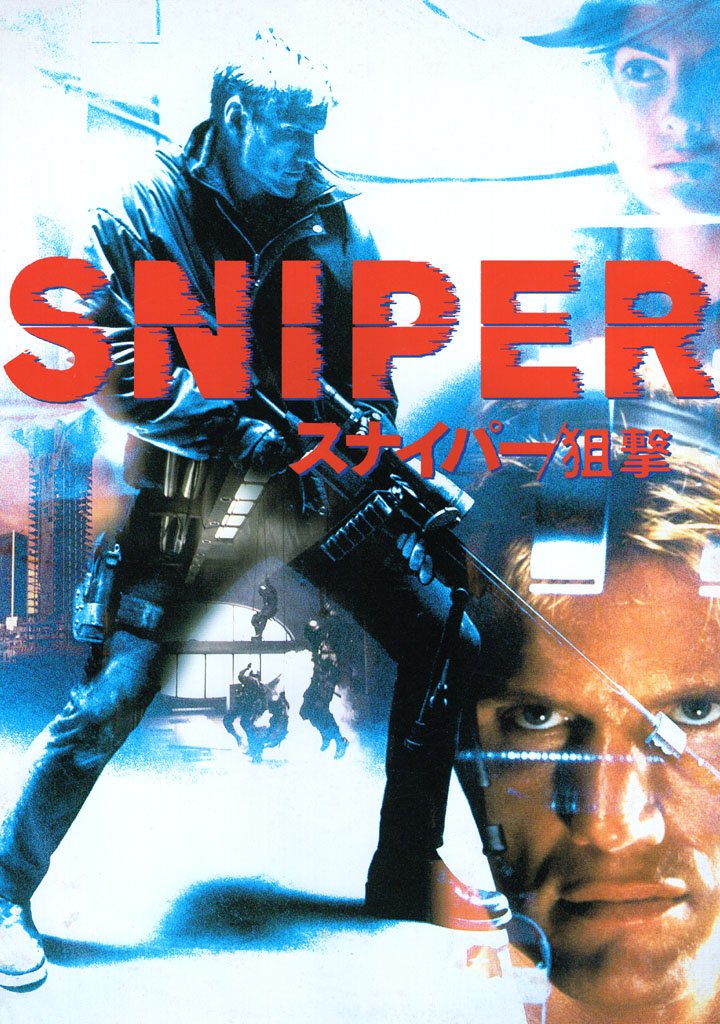

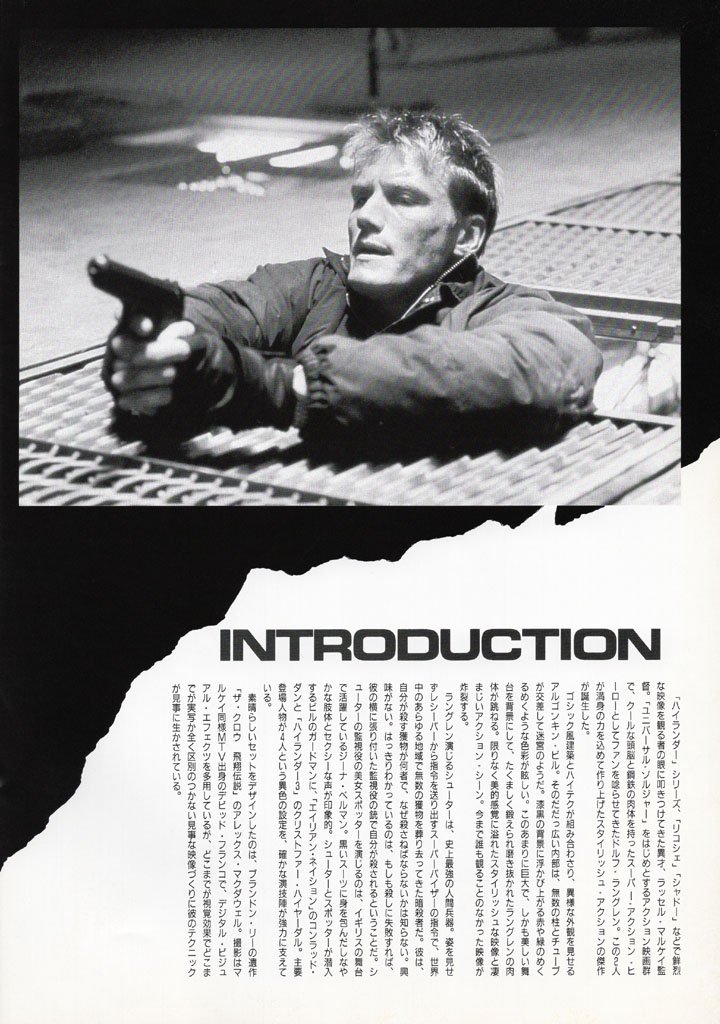
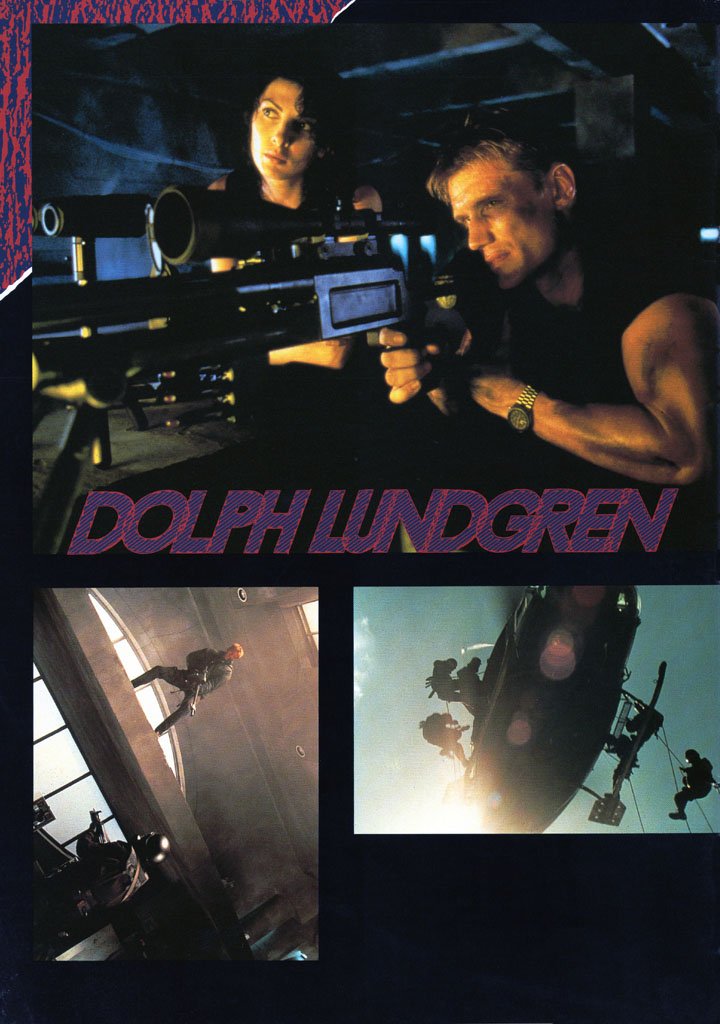
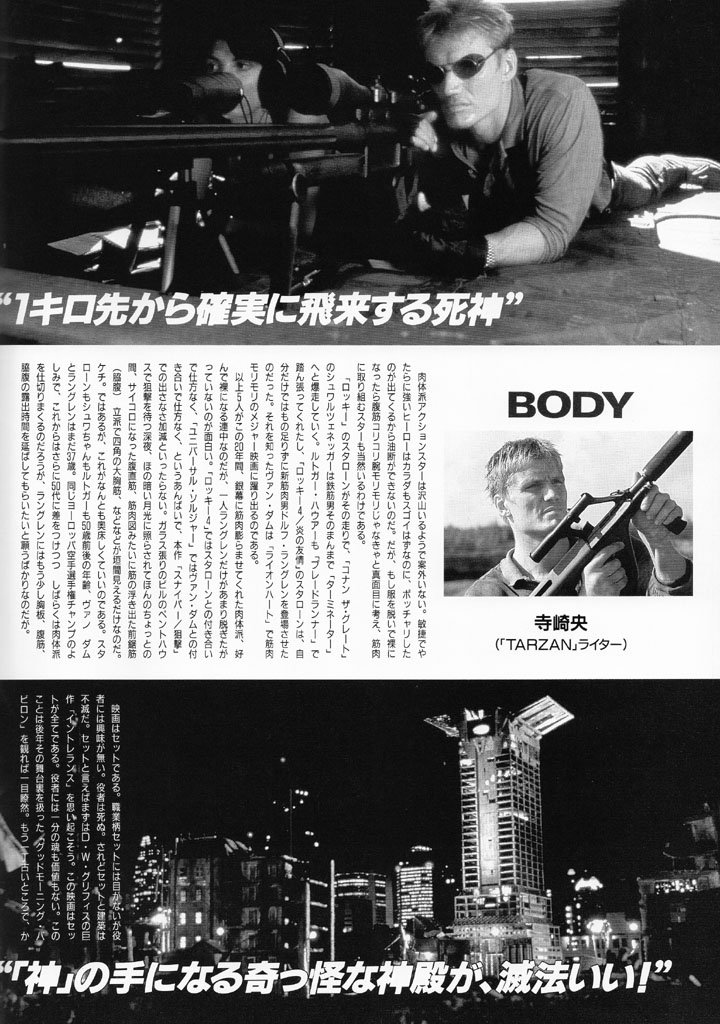
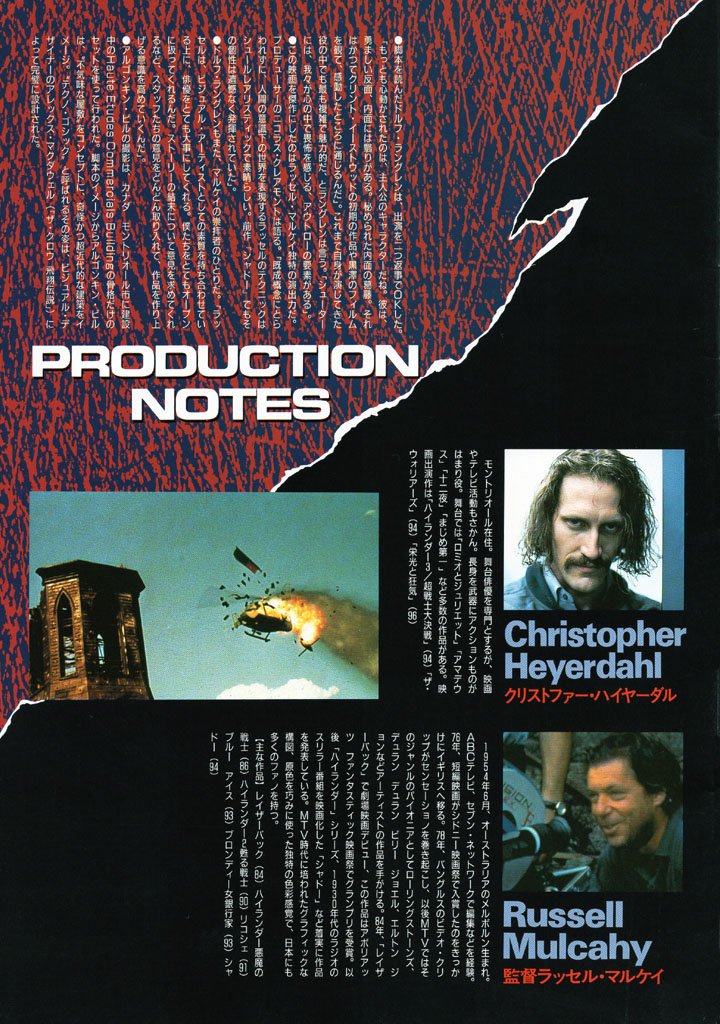
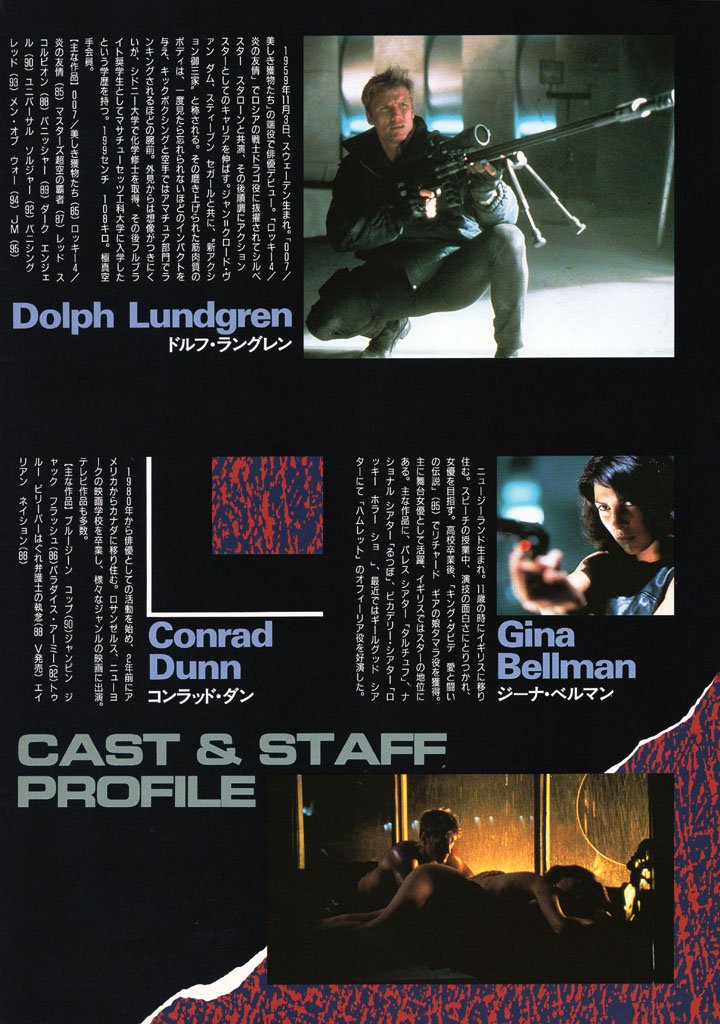
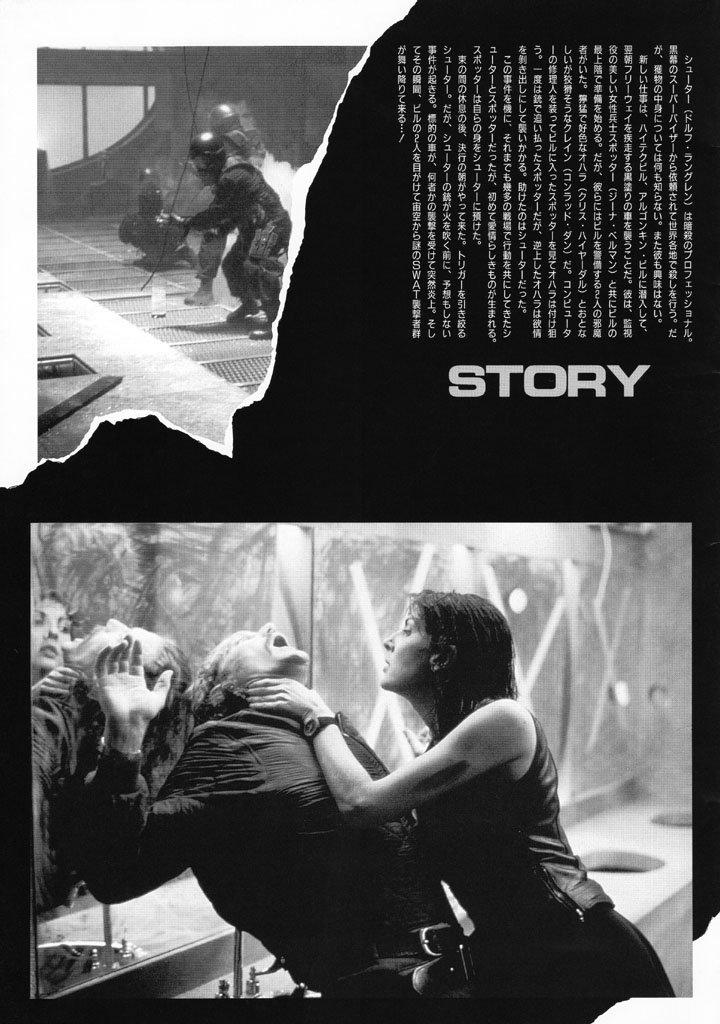
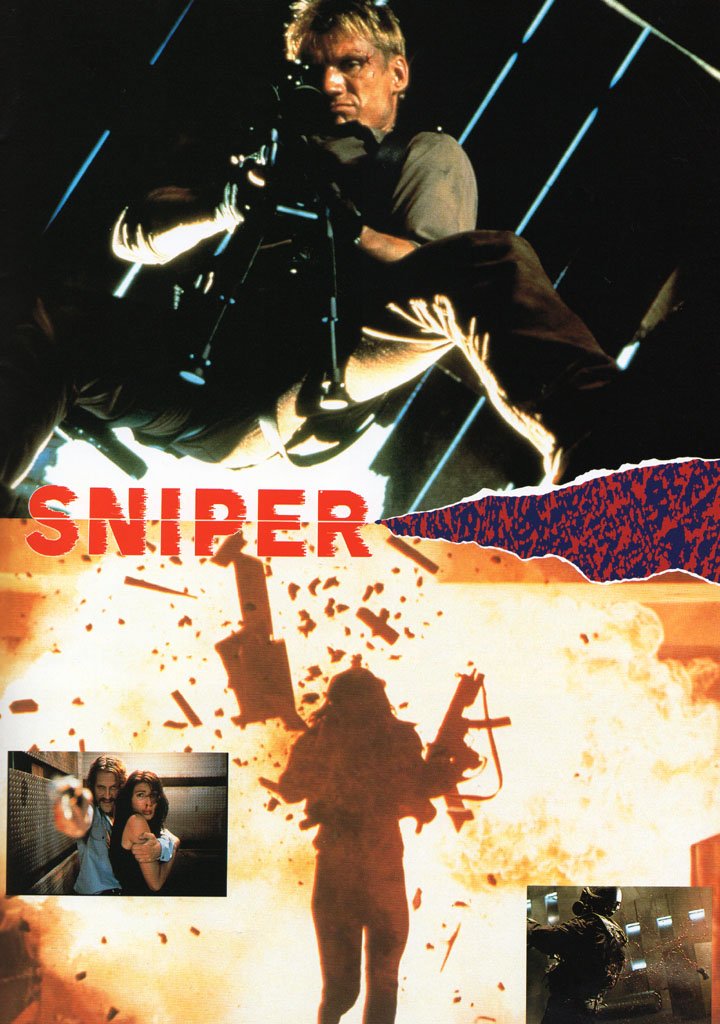
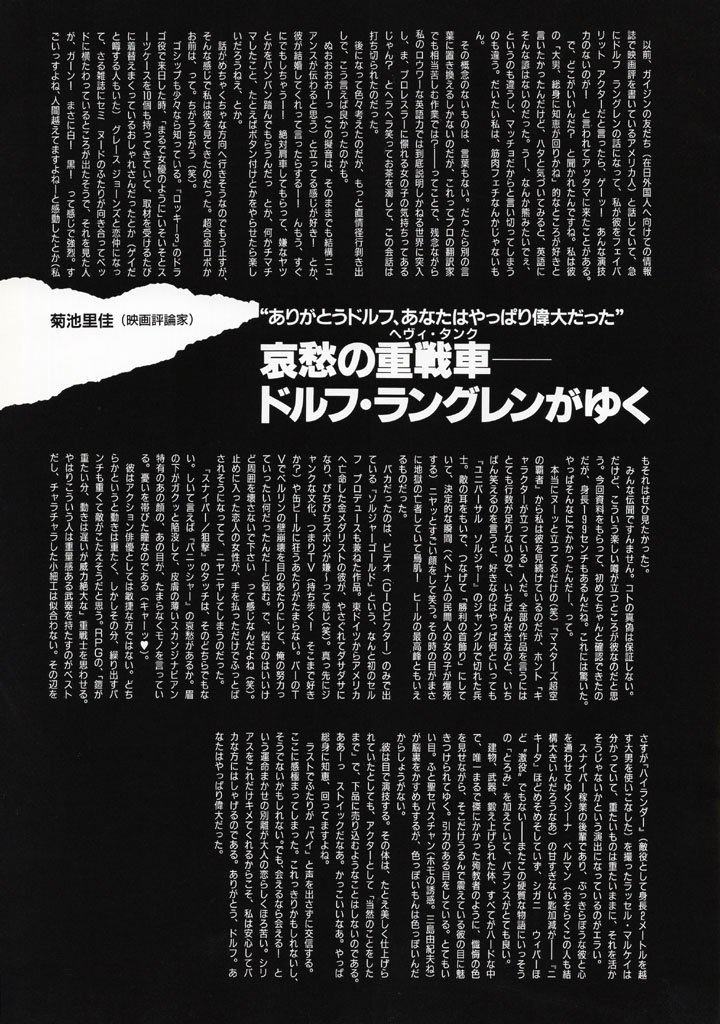
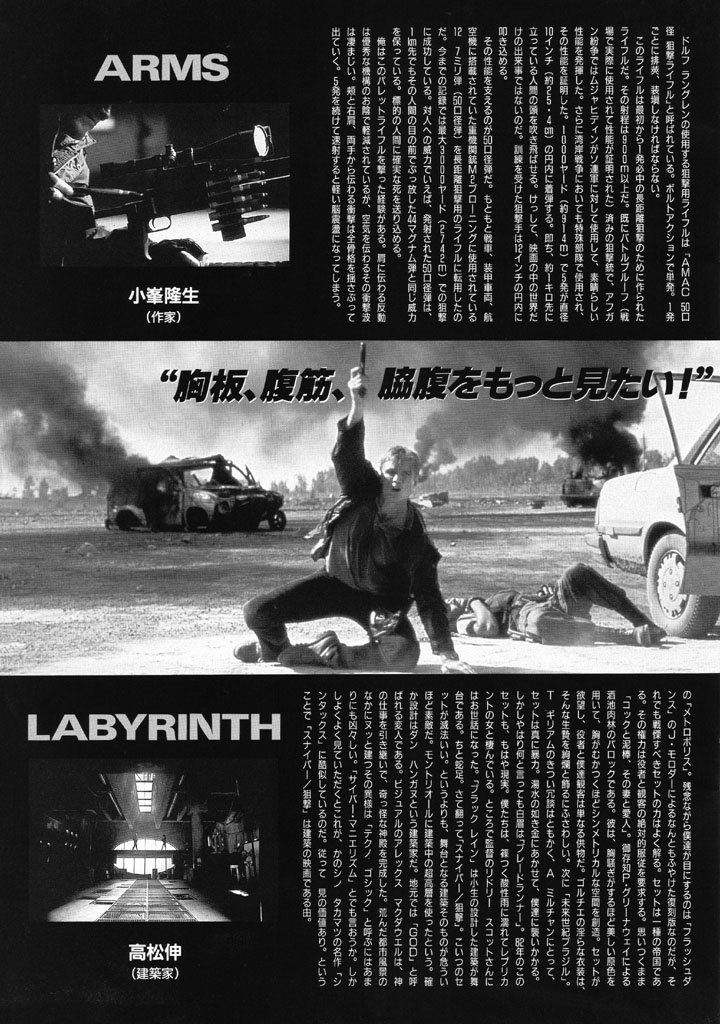
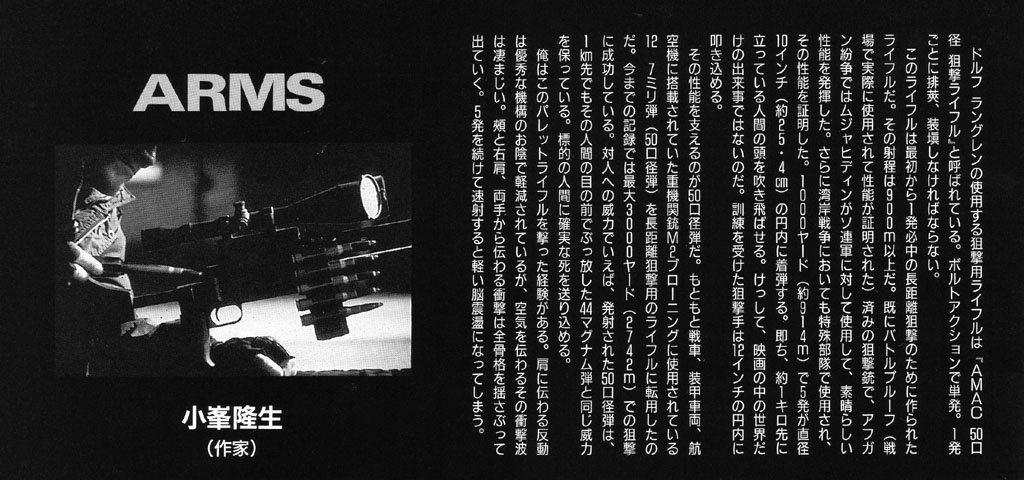

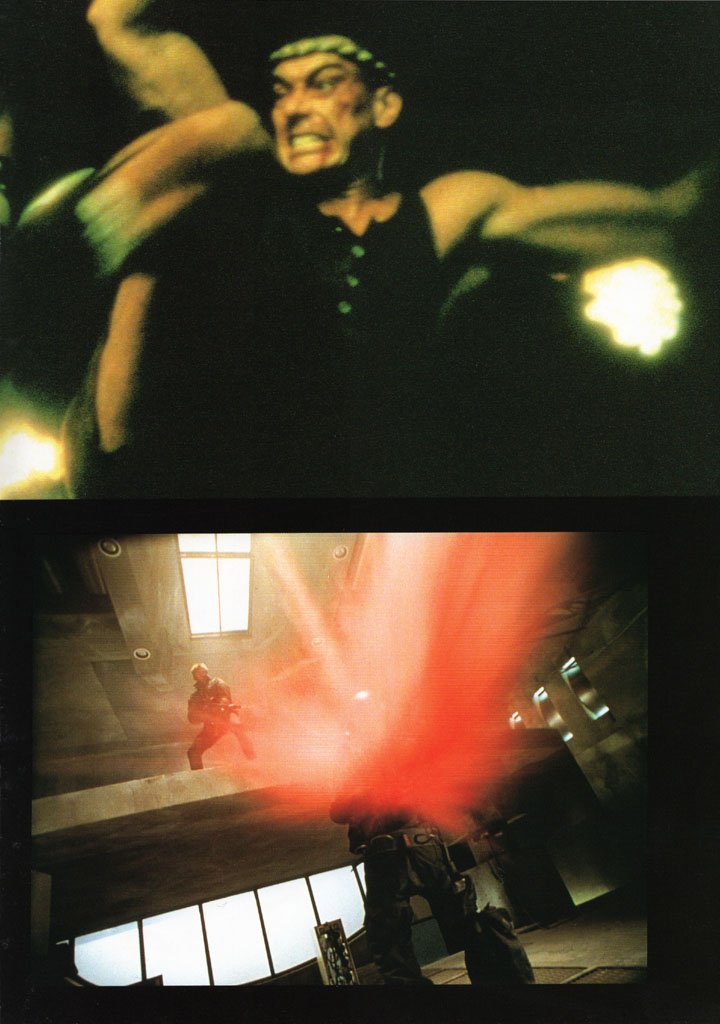
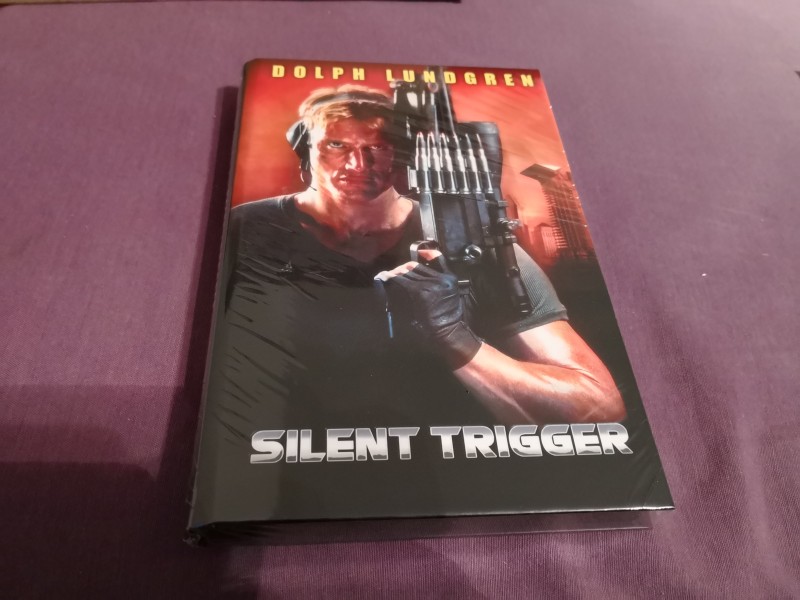
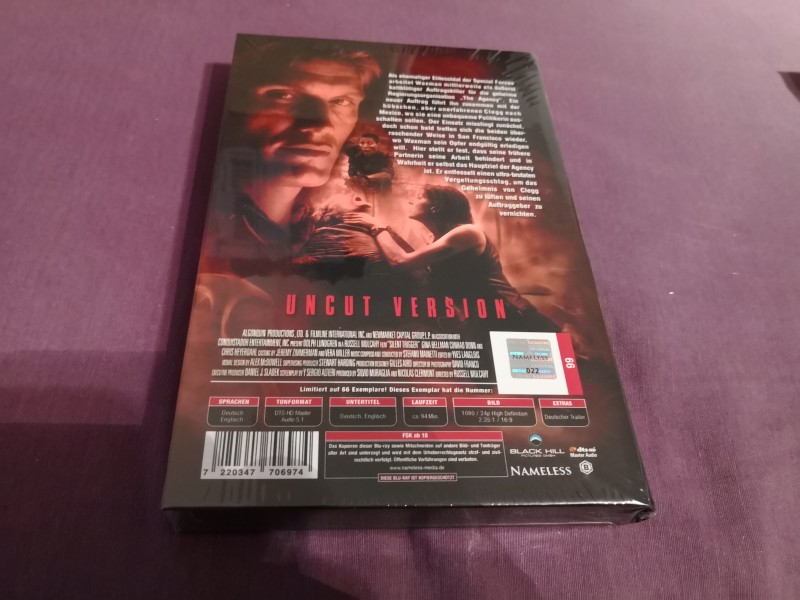




Ben: When I think of Russell Mulcahy, I think of smoky visuals. I think of dramatic backlighting and shafts of light. I think of killer swine hating on humans and sword-fighting immortals decapitating each other. I think of Christopher Lambert as a Scotsman, Sean Connery as an Egyptian, and some of the best songs from the Queen catalogue. Like most punters, I think of Razorback (1984) and Highlander (1986), and those are certainly jewels in the crown of their director’s CV, and would be in any director’s CV. But Mulcahy’s career trajectory has been defined as much by his failures as it has by those objects of cult adoration, and those failures have in turn yielded interesting, eclectic fruit. A case in point is Silent Trigger (1996).
Mike: Russell Mulcahy continues a grand tradition of "British visual stylists" that began with Alfred Hitchcock's early-aping of German expressionist horror. Hitchcock, an early British cinema Sex Pistols equivalent ushered in a wave of interesting post-punks such as Charles Laughton, Michael Powell, Nick Roag and Peter Yates right through to the 80's TV-commercial directors Adrian Lynne, Ridley and Tony Scott. In fact, Mulcahy was often called "the poor man's Ridley Scott", which is an example of some of the backhanded-compliment maligning he gets. Similar to Yates and the Scott Brothers, who all came from advertising, Mulcahy would enter cinema via the shorter, distilled and highly stylised form of MTV film clips. Mulcahy may have been the first significant MTV director to make the transition that many others like Michael Bay, Spike Jonze and Jonathan Glazer would make.
Users browsing this forum: Google [Bot] and 11 guests